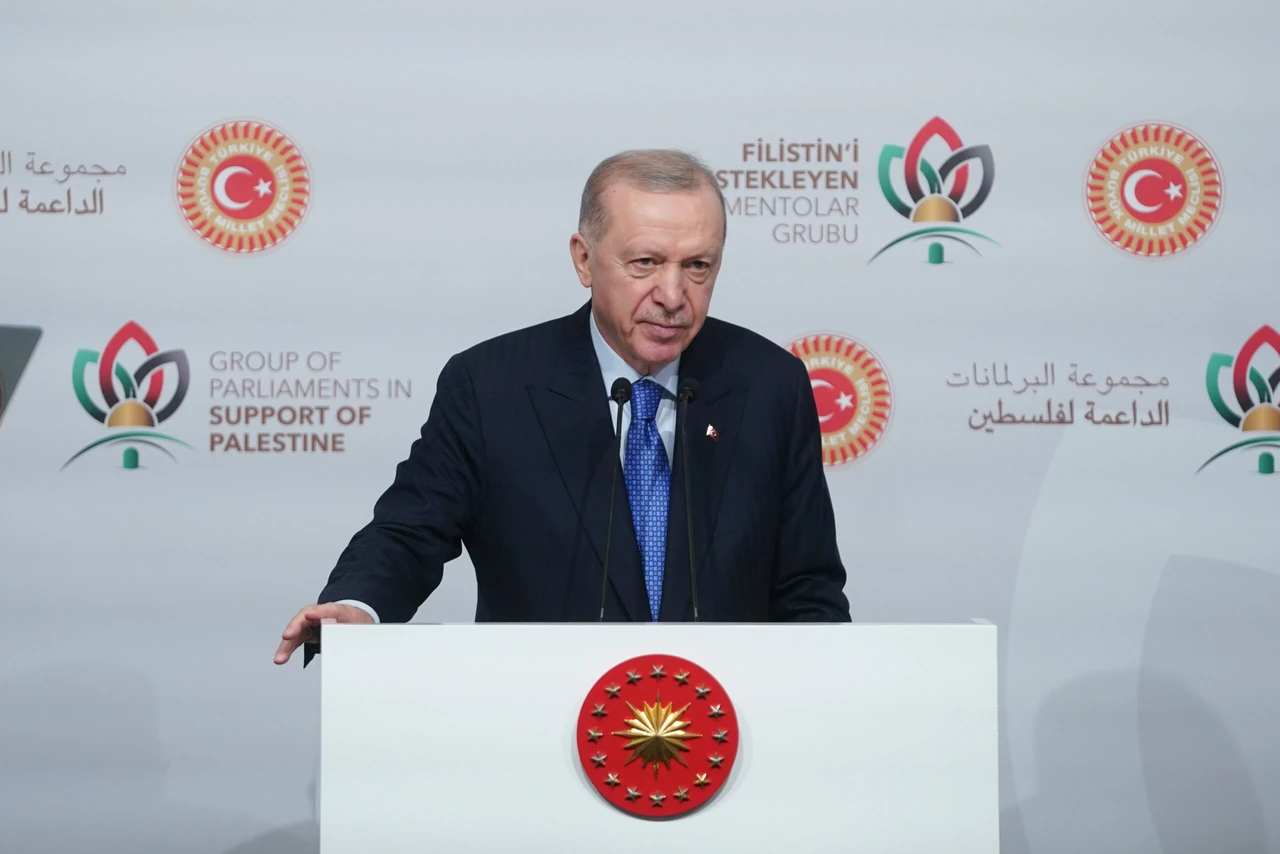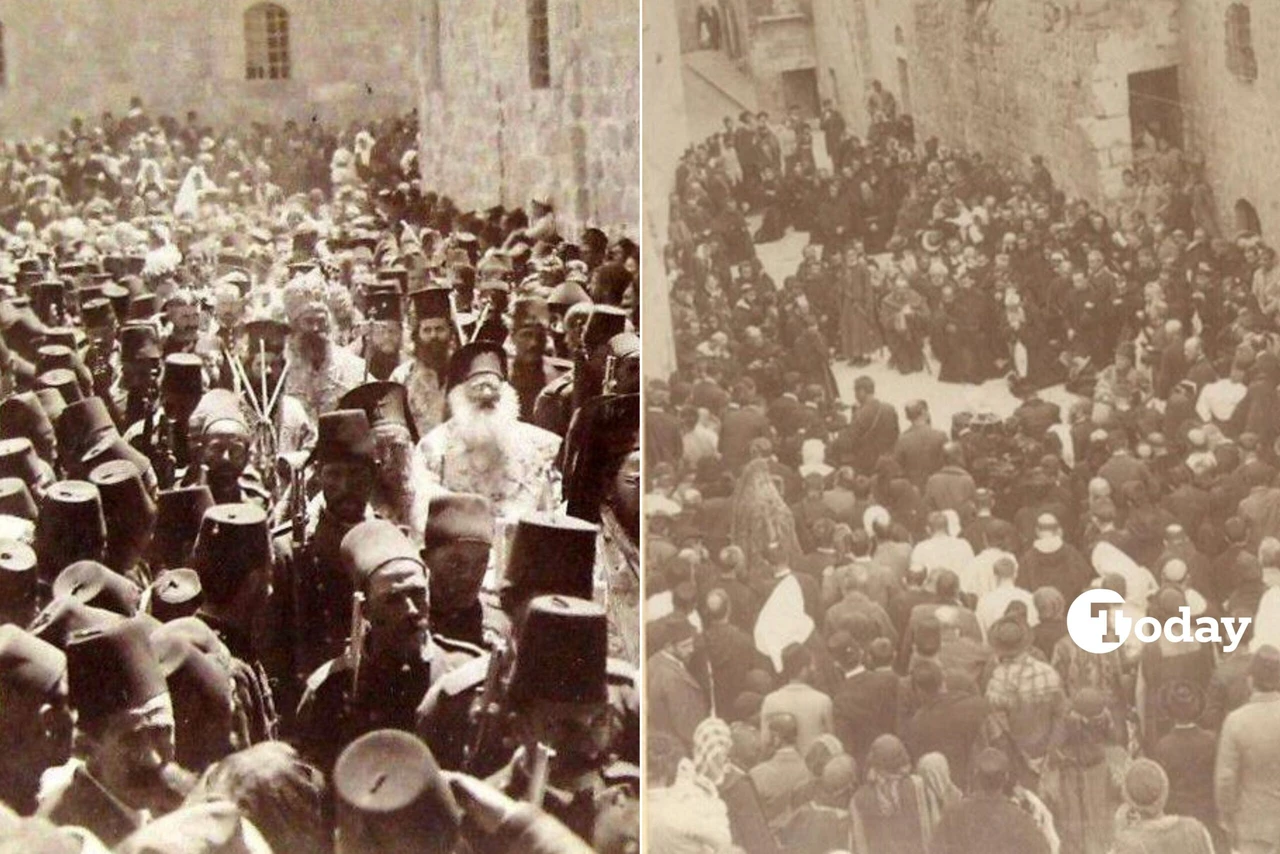Hezbollah ties cease-fire to Netanyahu’s response, continues military actions
 An image grab taken from Hezbollah's Al-Manar TV shows Hezbollah chief Naim Qasem delivering a televised speech from an undisclosed location, Nov. 6, 2024. (AFP Photo)
An image grab taken from Hezbollah's Al-Manar TV shows Hezbollah chief Naim Qasem delivering a televised speech from an undisclosed location, Nov. 6, 2024. (AFP Photo)
Hezbollah Secretary-General Naim Qassem signaled Wednesday that the possibility of a cease-fire agreement with Israel depends on Israeli Prime Minister Benjamin Netanyahu’s response to proposals from the group and other Lebanese officials.
In a televised address, Qassem outlined Hezbollah’s strategy of maintaining simultaneous military and negotiation efforts, rejecting any pause in hostilities during the ongoing talks.
“We received the negotiation paper, reviewed it thoroughly, and offered our feedback,” Qassem said, adding that Lebanese Speaker of Parliament Nabih Berri had also contributed to the response. The feedback was submitted to U.S. mediator Amos Hochstein, who is overseeing negotiations aimed at halting the escalating violence.
While declining to disclose the details of the proposals, Qassem stressed that Hezbollah’s conditions include a full cessation of hostilities and safeguarding Lebanon’s sovereignty.
The talks come amid heightened violence in both Lebanon and Gaza, with the U.S. playing a mediating role while maintaining its support for Israel’s military actions. Concerns linger over potential Israeli demands, including unrestricted military movements in Lebanon under a future cease-fire agreement.
After meeting with Berri on Wednesday, Hochstein reported “additional progress” in the negotiations but did not elaborate. “As planned, if we made progress, I would go to Israel to conduct further discussions there,” he said.
Hezbollah challenges Israeli narrative
Qassem rejected Netanyahu’s claim that Hezbollah is negotiating “under fire,” asserting that both sides remain deeply engaged in combat.
“We are operating on two fronts — military operations and negotiations,” he said. “We will not suspend military activity while awaiting the results of the talks.”
The Hezbollah leader insisted that Israel could not secure through diplomacy what it has failed to achieve on the battlefield. He pointed to the group’s recent rocket strike on central Tel Aviv, which followed an Israeli airstrike in Beirut that killed Hezbollah’s media relations chief, Mohammad Afif.



